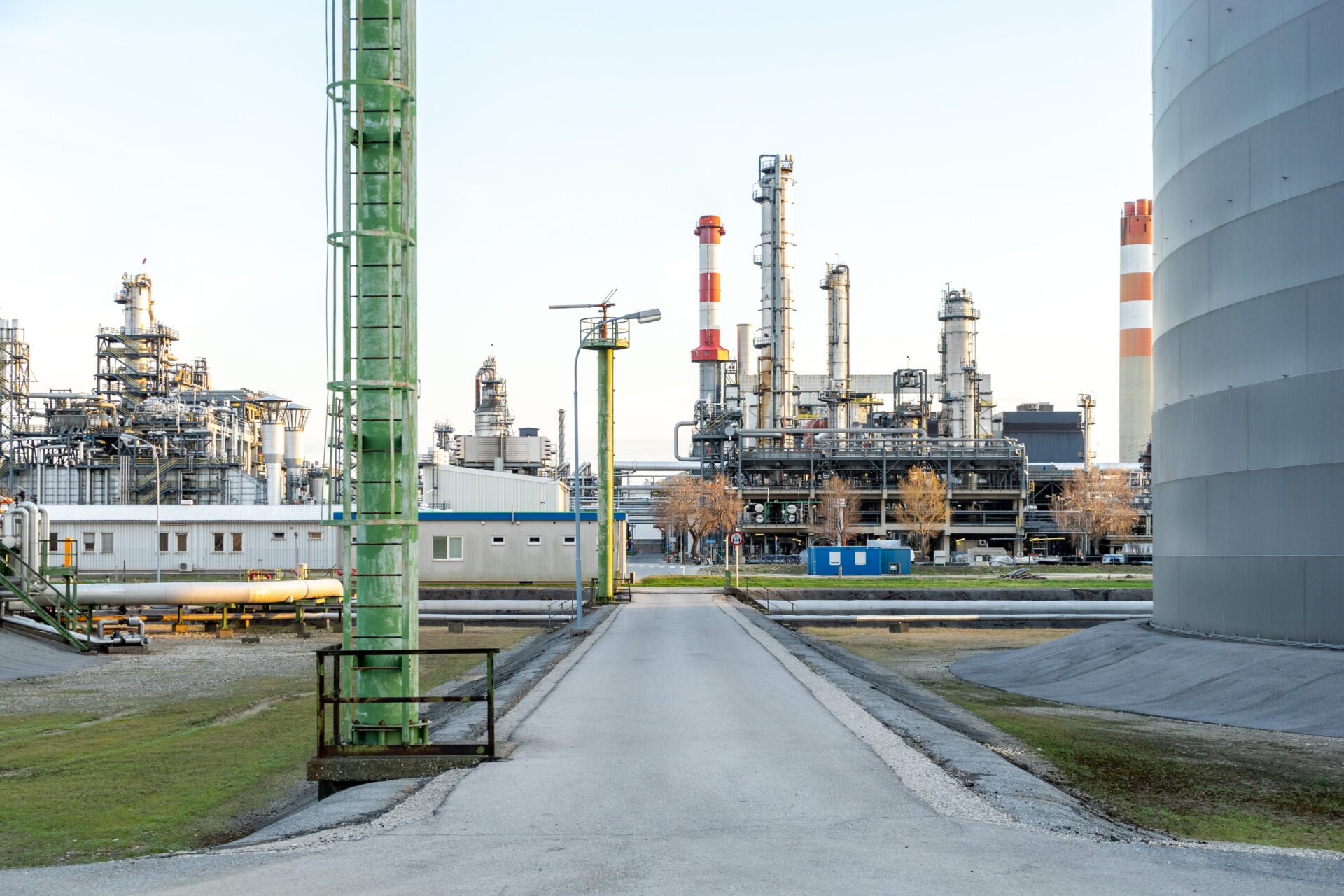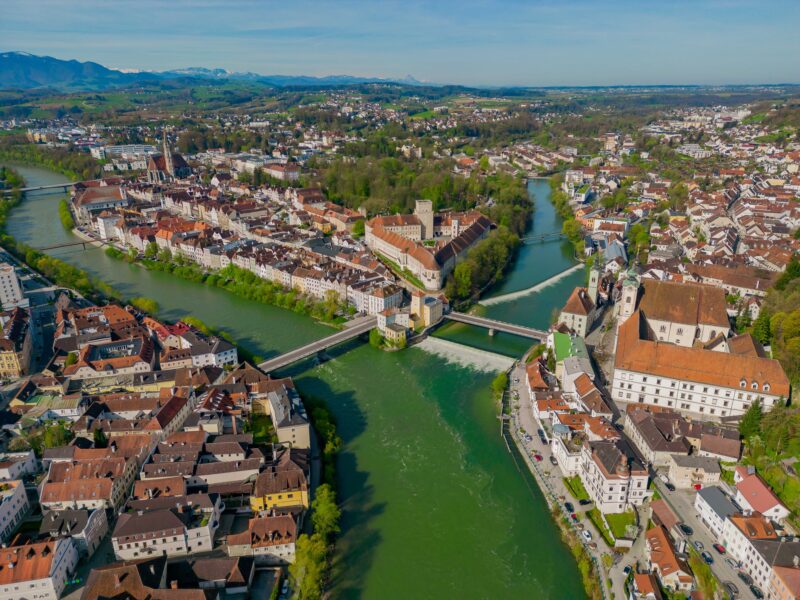
"Reducing Dependence on Russian Gas, Now!"
The German government must provide incentives. Of course, this demand also applies to Austria. Both countries are facing a new energy policy challenge. In addition to combating climate change, the issue now, in connection with the Ukraine war, is the shortage of coal, oil and, above all, gas. Prices for fossil fuels, especially natural gas, are already much higher than they were a year ago.
At the same time, we were lucky that February was warmer than average and stormy. As a result, heating consumption was relatively low this month and wind power production was high. Without this special development, the stocks in the gas storage facilities might not have been sufficient. Their levels have fallen since the beginning of 2021, partly because companies speculated on a drop in prices, and partly because Russia's Gazprom has not filled its Rehden storage facility, Germany's largest, at all since spring 2021.
You can read the full guest article here (in German).
























